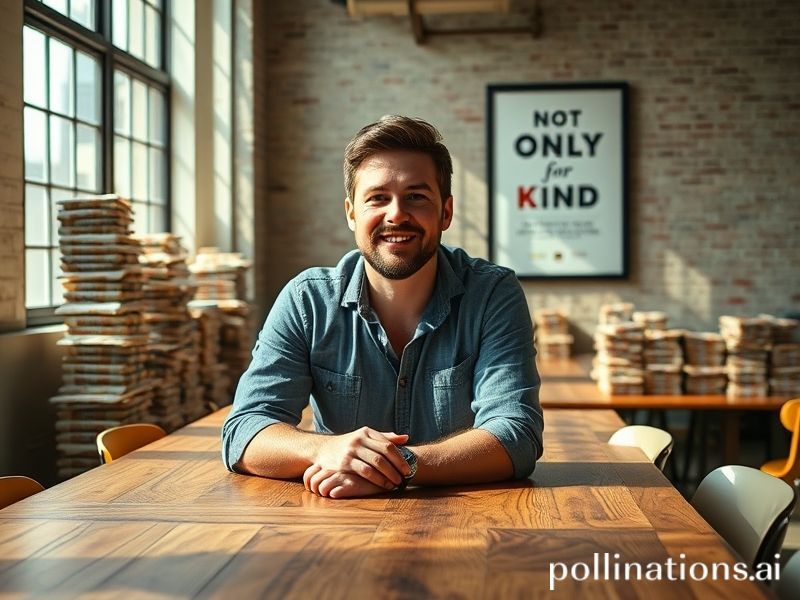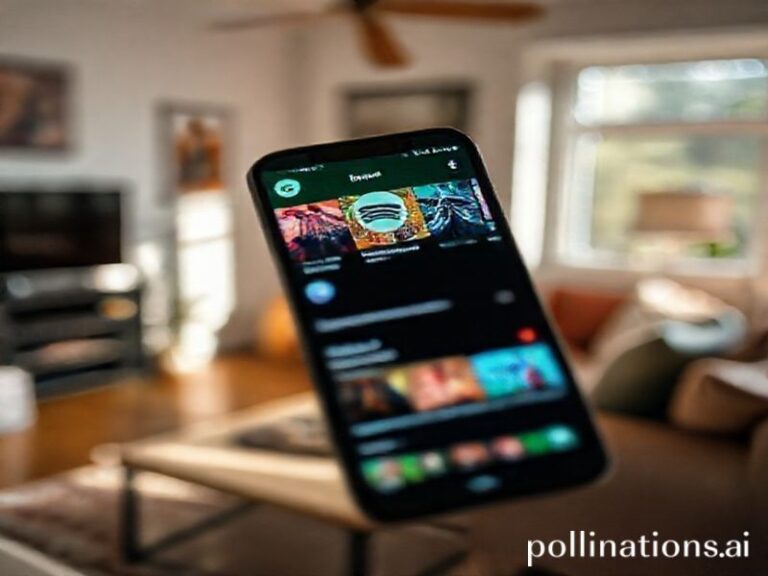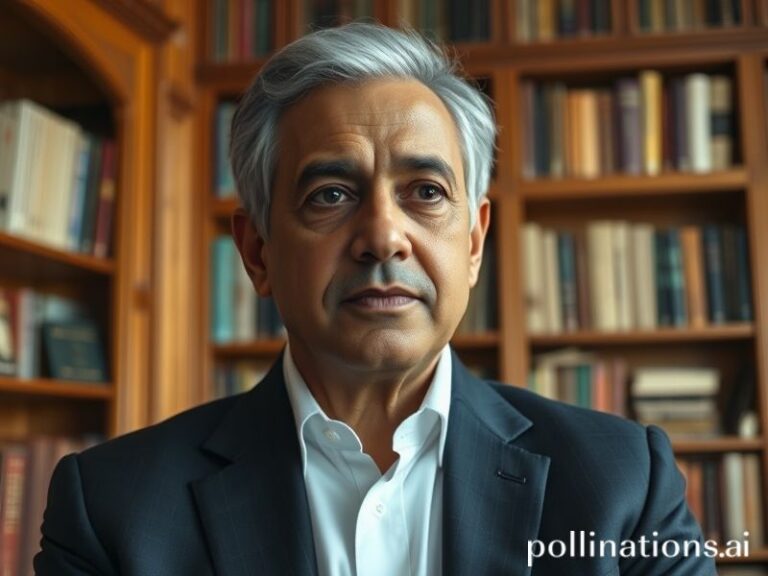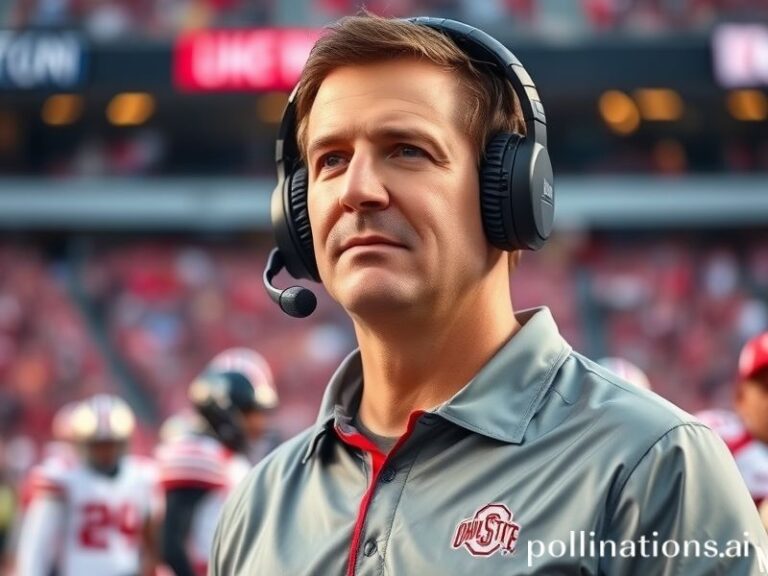How Daniel Lubetzky Turned Snack Bars into Global Diplomacy—and Sold the World a Guilt-Free Conscience
Daniel Lubetzky: The Globalist Snack-Peddler Who Sold Peace in Bar Form
By Dave’s Locker, International Desk
Somewhere between a TED-talk and a TSA line, Daniel Lubetzky sits in the departure lounge of modern capitalism, quietly unwrapping a Kind bar as if it were the Geneva Conventions in nougat form. The Mexican-born, Israeli-raised, Stanford-educated, New York-naturalized dealmaker has spent three decades convincing the planet that commerce can be a peace process and that almonds are basically non-violent resistance. The punchline? It almost works—until the almonds run out and the shooting starts again.
Lubetzky’s first act was PeaceWorks, a 1994 venture that hawked sundried-tomato spreads across the Middle East with the slogan “Not bombs, just hummus.” While the region continued its traditional hobby of coordinated explosions, grocery aisles in Amman, Tel Aviv, and Cairo briefly shared shelf space for his pesto. Analysts called it “gastro-diplomacy”; cynics called it “conflict-flavored tapas.” Either way, the venture proved that nothing unites enemies quite like the universal desire to appear cosmopolitan at dinner parties.
Fast-forward to 2004, when Lubetzky launched Kind Snacks—essentially the United Nations if the UN were crunchy, individually wrapped, and 200 calories. The company’s meteoric rise dovetailed with the global wellness craze: while Europe rediscovered fascism in ballot boxes and Asia rediscovered it in supply chains, Western consumers discovered “whole ingredients.” Kind’s wrappers preached altruism in six languages, a polyglot sermon for anxious frequent-flyers who wanted absolution along with their antioxidants. By 2020, the brand had colonized 18 countries, proving that moral superiority travels well—especially when it fits in carry-on.
The international significance? Lubetzky turned snack food into soft power. When Nestlé paid $5 billion for the remaining slice of Kind in 2021, Switzerland—the world’s most discreet arms dealer (Nestlé’s bottled-water division, anyone?)—acquired a ready-made image-laundering device. Overnight, the same conglomerate accused of draining Pakistan’s aquifers could point to a wholesome bar and say, “Look, we’re kind… with a capital K.” Soft imperialism has never tasted so much like caramel.
Meanwhile, Lubetzky’s philanthropic wing, the KIND Foundation, pioneered “Pop-Up Empathy Stations” where New Yorkers could trade hostile tweets for free fruit. The stunt went viral in Seoul, São Paulo, and Stockholm, prompting governments to ask whether social cohesion could be crowdsourced like a Spotify playlist. Spoiler: it can’t. But the spectacle distracted nicely from rising sea levels and falling democracies, which is, after all, what foundations are for.
Critics argue that Lubetzky’s shtik merely monetizes liberal guilt. Fair point: the same week Kind announced a new “Peace-berry” flavor, the Israeli-Palestinian conflict enjoyed its spring-summer collection of hostilities. Yet Lubetzky’s genius is less about solving wars than about selling the aesthetic of solution. In an age when Instagrammable activism passes for statecraft, a photogenic bar with an origin story is worth a thousand UN resolutions—cheaper, too.
Globally, the Lubetzky playbook is being Xeroxed. In Lagos, a fintech startup packages micro-loans as “KindCoin.” In Manila, street vendors hawk “Peace Popsicles” dyed the exact pastel of UN peacekeeper helmets. Even Beijing’s state media has coined “Snack Diplomacy” to describe Belt-and-Road food festivals. The world, it seems, is determined to nibble its way to utopia, one calorie-counted bite at a time.
And so Daniel Lubetzky keeps boarding redeyes, armed with nothing but nut clusters and unshakable optimism. Somewhere over the Atlantic, between the in-flight hummus and the sanctions briefing, he unwraps another bar, perhaps wondering if the next flavor should be “Two-State Solution S’mores.” The rest of us fasten our seatbelts and accept the inescapable truth: in the 21st century, hope is shelf-stable, individually wrapped, and expires in twelve months—just long enough to outlast the news cycle.







